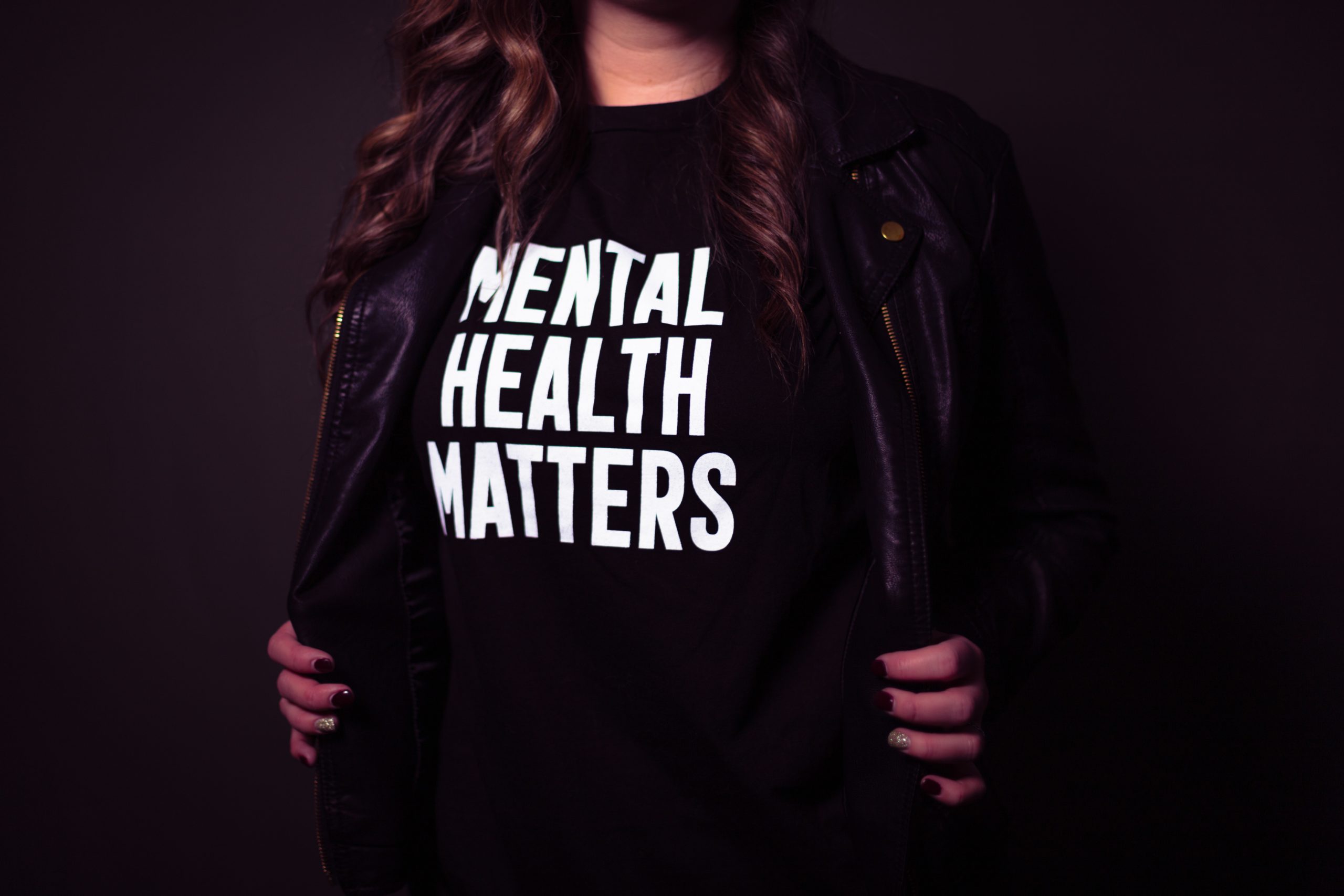Once upon a time, no one dared to talk about his or her struggles with mental health publicly. We lived in a “grin and bear it” era where progress and perfection triumphed over personal health and happiness. For athletes and entertainers, in particular, fans rely on them to provide them with an escape from their reality. Most don’t want to hear about the athlete’s human side. Instead, they place them on pedestals as superhumans put here to distract them from their own limitations and struggles.
“The problem is the desire for the public to hold up performing artists and athletes as paragons of perfection and then punish them when they are anything less. They see mental health issues as a character issue — to suffer is to be weak. This despite the statistics: one in four adults and one in five teens experiences a diagnosable mental disorder. Rather, the public should admire public figures’ perseverance and character strength for all they’ve accomplished despite their challenges — and learn coping skills from them.” – Kareem Abdul-Jabbar
Athletes have taken time off from their sport or retired for “personal reasons” for decades. But, only recently have athletes started specifically citing mental health as the reason. In recent months, Naomi Osaka and Simone Biles have captured international headlines for their bold moves to take time away from major competitions in order to care for their mental health.
Whether fans support them or not, it doesn’t change the fact that athletes should be—and are—in control of their health and wellness.
This new era has been creeping up on us for decades. What once was a closely guarded confidential issue is increasingly being thrust into the spotlight. In recent years, we’ve seen athletes including Brandon Marshall, Tyson Fury, DeMar DeRozan, Ben Gordon, Kevin Love, Michael Phelps, Brittney Griner, Keyon Dooling, Liz Cambage, A’ja Wilson, and Dak Prescott (the list goes on and on and on) go public about their mental health battles. You can even look as far back to athletes like Terry Bradshaw and Jerry West who have shared their stories.
Mental health and sports have always co-existed. The difference now is that the more we talk about it, the more we give each other permission to do the same. The conversation that has been building is starting to break through the old stigma that mental illness means you’re crazy, weak, or broken.
Today’s athletes are showing that you can be mentally tough and step back to prioritize mental health. These athletes are breaking barriers by coming back to play at highly competitive levels, some while still undergoing treatment.
The message? It’s okay to be human.
As I shared in the Athlete Mental Health Playbook, emotions are invisible but they are also inevitable. Give yourself permission to acknowledge them, work with them, heal, and move forward so that you can enjoy your life the way you’re meant to.
In this new age of sports, I hope that we continue to shatter barriers to mental health care and that we begin to respect our mental wellness the same way that we respect our physical health.
Eventually, your playing days will be over. Allow yourself to care for yourself so that when the competition of their sport is no longer there, you can succeed in enjoying life by being comfortable with your whole self, not just your athlete identity.
Keys to the game:
- Give yourself and those around you permission to be human.
- Look at your wellness holistically—mind, body, and soul—so that you can prioritize your health as your whole self, not just parts of you.
- You don’t have to go public with your mental health struggles, but you also don’t have to deal with them on your own. There are many resources available to give you options that are best suited for you.
- Don’t judge yourself. Respect what you need.
Is mental health coaching right for you? Contact me about one-on-one VIP coaching for athletes.

